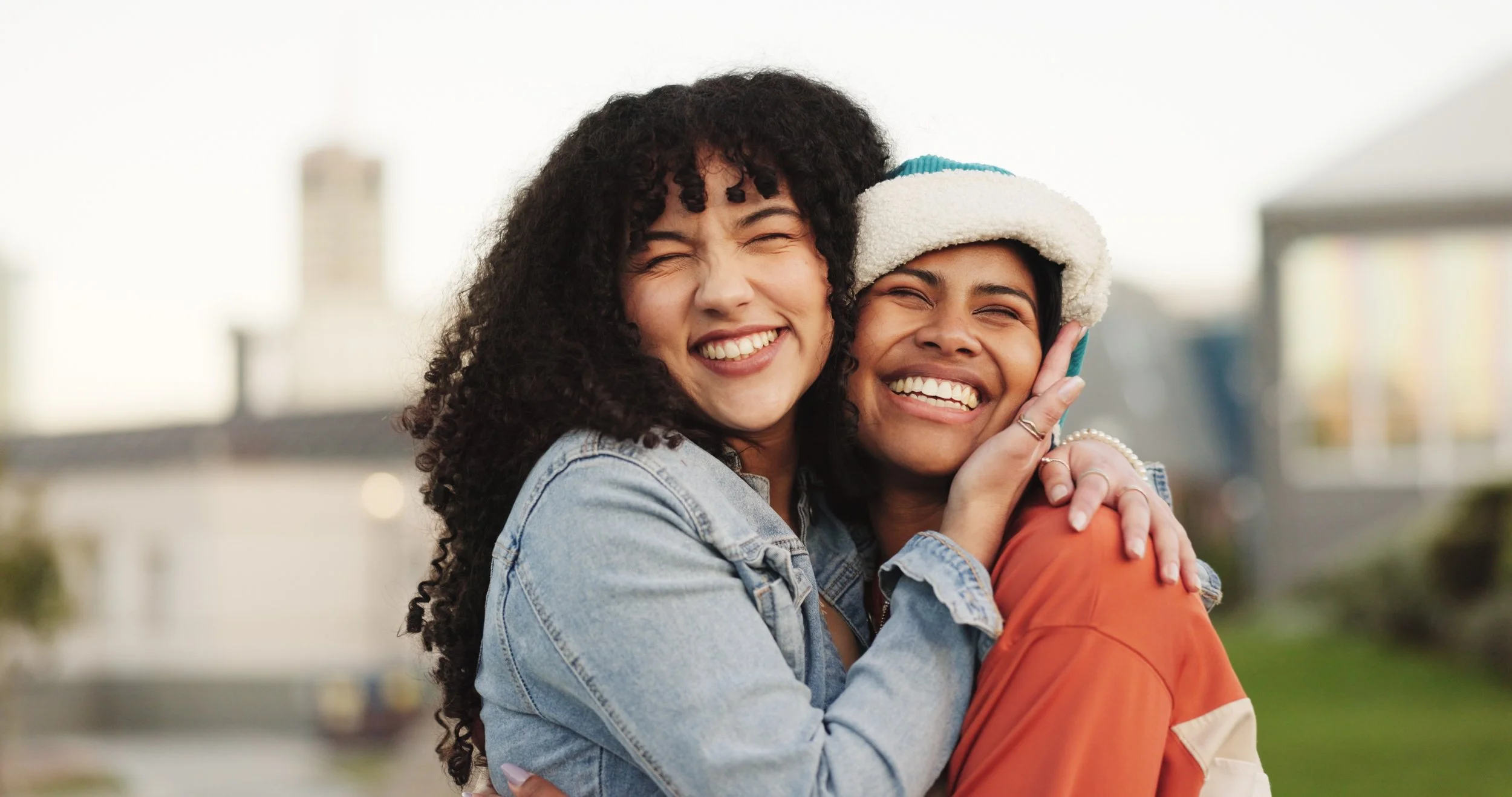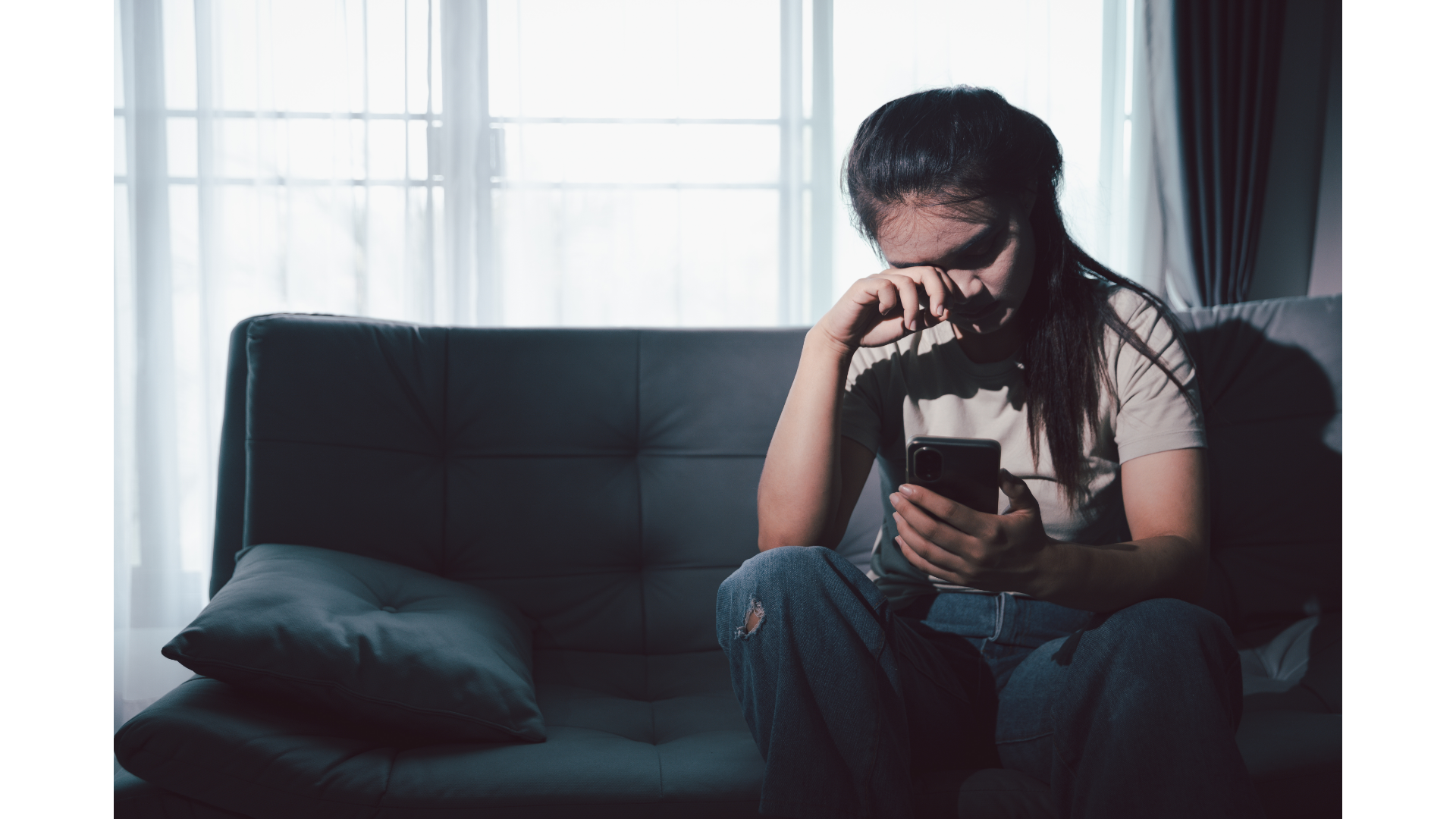What Children Can Teach Us About Managing COVID-19
By Carly Fleming, M.Ed. RP
Registered Psychotherapist
There’s an enormous amount of stress and anxiety in our world right now. Stress is present almost everywhere we look – at our dinner tables, in our workplaces, in our neighborhoods, in our extended families. There are so many unknowns and uncertainties and everyone is struggling to manage in their own way. Children and adults alike are struggling to manage the emotional and practical impact of the worldwide COVID-19 crisis. But there seem to be some key differences in the way that children and adults are coping. I’ve been paying close attention to the way my kids are dealing with our current situation and I’d like to share some of my observations with you.
Taking a walk in our neighbourhood.
My boys doing their at-home-school work.
When you’re tired, sleep. When you’re hungry, eat.
At our house, most daily routines have been turned upside down. Many of the things we rely on to give us structure and stability are simply not available. Adults tend to feel somewhat adrift when these things are taken away which can result in a lot of anxiety. But when I stop to look at my kids I see that instead of increasing anxiety, they are learning to listen to their bodies in a way I’ve never seen them do before. I think they are benefiting from the fact that they can grab a snack when they are hungry instead of waiting for the recess bell to ring. They can sleep in a bit in the mornings instead of rushing to get out the door to school. Think of all the ways we are trained to ignore our bodies’ cues so that we can fit ourselves into the expected structure of a ‘normal’ day. What an incredible relief it can be to all of us to loosen up those structures a bit. Don’t let the metaphorical recess bell take up too much space in your mind. Let’s all learn that we can trust our bodies to tell us what we need.
When you’re sad, cry. When you’re frustrated, stomp your feet.
We are all experiencing so many feelings right now and our kids are no exception.
There’s lots of sadness. My kids are sad that they can’t see their friends, teachers, grandparents. They are sad about the holiday we couldn’t go on. They are sad that they can’t go to all the places in our community that they know and love. They are also confused and uncertain. They don’t know if they’ll be able to go back to school this year. They don’t know why they can’t stop and chat when we see our neighbours riding their bikes on their driveway. They don’t understand why they have to try to do school work every day at the kitchen table. As an adult, I identify with all of these feelings. But the difference between myself and my kids in this regard is that when they have these big feelings, they stop. Sometimes they know they are sad or confused and they reach for a parent or a sibling and they ask for comfort. Sometimes they have no idea they are having these feelings but I see them withdrawing, slowing down and getting calm. And sometimes I even see them freaking out a bit. Getting cranky with the family, feeling frustrated with themselves, getting antsy. All of this is good! They are not stuffing their feelings down or telling themselves that those feelings don’t belong. I have so much to learn from them. Maybe you do too. The next time you notice a big feeling emerge, what if you just stop and let it play itself out. If you need to cry, find a pillow to cry into. If you need to stomp your feet in frustration, just do it. If you feel the need to remove yourself from a situation, listen to that impulse. It will be a relief to not stuff down another feeling and add it to the baggage you’re carrying with you.
When you just don’t know the answer, stop asking. And then, find some questions that you do know the answers to.
We are living in an unbelievable state of not knowing. We don’t know when our isolation will end, we don’t know if we or the people we love will get sick, we don’t know if our favourite donut shop on the corner will be open once we’re allowed out of our houses again…the list goes on and on. My kids are asking many of the same questions that I’m asking. They are good questions and I wish so much that I had the answers. But here’s what I’ve noticed. Once they ask the question and we try to find as much of an answer as possible, they tend to stop asking and accept the not knowing. They don’t ruminate. They don’t let their unanswered questions turn into a cascade of anxiety and worry. They move on. They focus on something else. Sometimes I help them with this re-focus. Even though I have an incomplete answer to a question about what would happen if their Grandma caught COVID-19, I can answer their question about what we’re having for dinner. This seems to bring them a sense of present-moment certainty that feels good. Give this a try in your own life. When you notice yourself ruminating about a question that you simply cannot arrive at an answer to, allow your mind to take you to something that brings you certainty. Maybe it’s finding a well-loved recipe to make or going outside and taking a familiar walk around your neighbourhood. Whatever it is to you, allow your mind to take you from uncertainty to certainty and rest in the knowing that you’ll feel – even temporarily.
As I leave you I think of this quote:
“It is time for a return, to simplicity, to running and climbing and laughing in the sunshine, to experience happiness instead of being trained for a lifetime of pursuing happiness. It is a time to let children be children again.”












